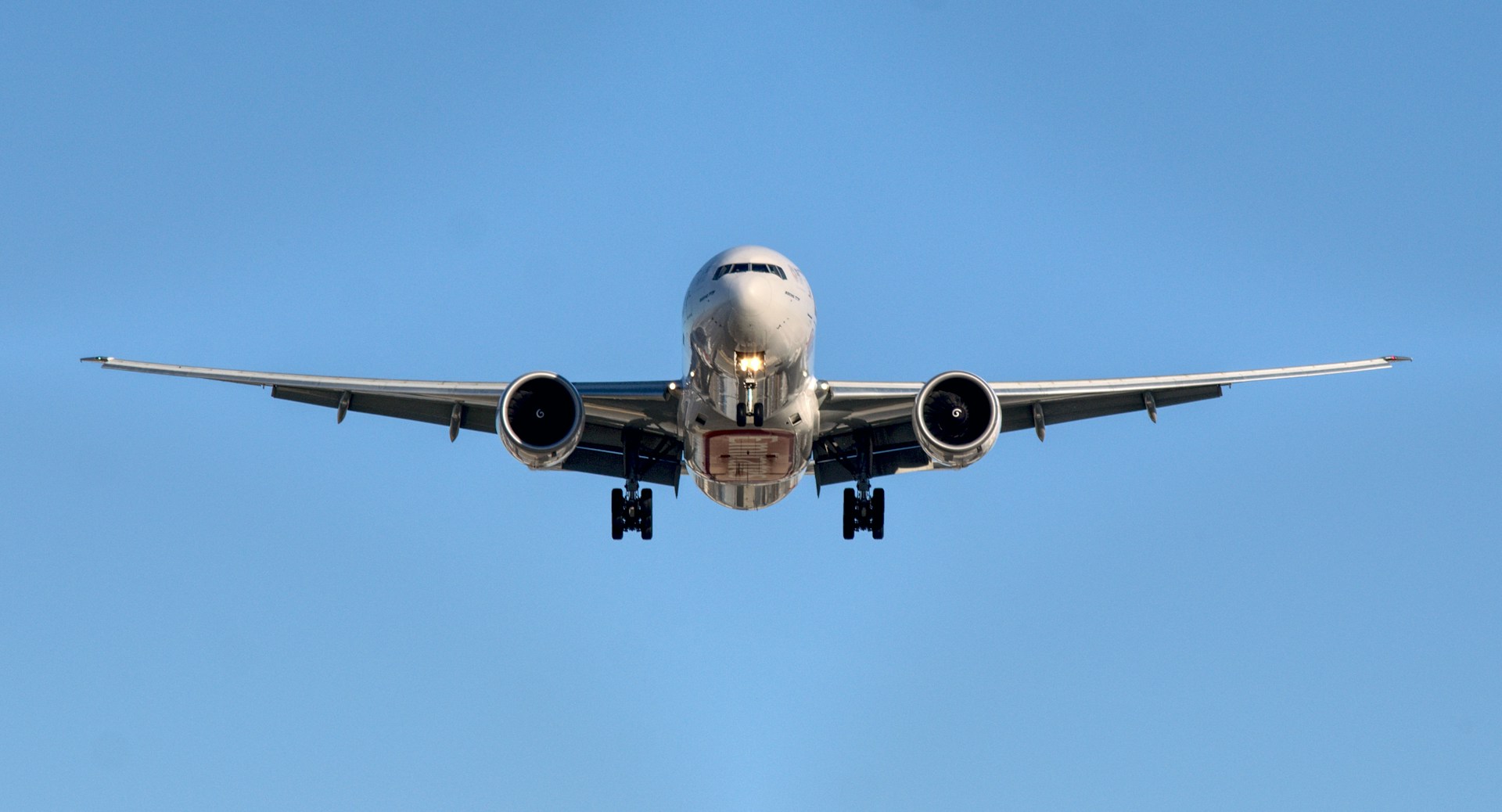Russian airlines are facing significant disruptions as 34 out of the country’s 66 Airbus A320neo family aircraft remain grounded due to unresolved engine problems, a situation exacerbated by Western sanctions. According to a report from Kommersant business newspaper, citing anonymous sources familiar with the issue, the aircraft in question are equipped with engines manufactured by Pratt & Whitney, a subsidiary of RTX Corporation (formerly known as Raytheon).
Engine Issues and Maintenance Challenges
The engine troubles stem from a “rare condition” identified by RTX in the metal used to manufacture certain parts of the affected engines. This condition has led to the need for “accelerated removals and inspections” of the engines, as the company revealed last year. As a result, numerous aircraft powered by these engines are now grounded, awaiting necessary maintenance and inspections. However, due to the continuing impact of sanctions on Russia, maintenance procedures and the delivery of spare parts are being severely hindered.
RTX’s engine problems are compounded by the broader sanctions imposed on Russia following its invasion of Ukraine in 2022. These sanctions have severely restricted Russia’s access to spare parts, technological components, and critical maintenance support from Western suppliers. As a consequence, Russian airlines, already struggling with the loss of Western-made aircraft and parts, are finding it increasingly difficult to maintain their fleets.
The Impact on Russian Airlines
Among the hardest hit is S7 Airlines, one of Russia’s largest carriers, which operates a significant portion of the Airbus A320neo and A321neo family aircraft. According to Kommersant, S7 has grounded 31 of its 39 A320neo and A321neo aircraft. Flight tracking data from Flightradar24 confirms the extent of the issue, showing that S7 has been left with a reduced number of aircraft available for service. The airline, along with other carriers, is reportedly considering returning a portion of these grounded planes to service next summer, though they are expected to be decommissioned by 2026.
The Airbus A320neo and A321neo jets make up about 10% of the total foreign-made aircraft in Russia’s commercial aviation fleet. These models are key to Russian airlines’ operations, and their grounding is likely to result in significant disruptions to passenger services. Experts predict that the grounding of this sizable portion of Russia’s fleet could lead to a reduction of up to 10-15% of passenger air traffic starting in 2025 and beyond, affecting both domestic and international flight schedules.
The Broader Aviation Industry Impact
The grounding of these aircraft highlights the broader challenges facing Russia’s aviation industry, which has been severely impacted by sanctions. With the halting of new aircraft deliveries from Western manufacturers like Airbus and Boeing, as well as the difficulty in obtaining essential spare parts, Russian carriers are turning increasingly to domestic solutions. Russia’s state-owned United Aircraft Corporation (UAC) is working to produce new aircraft models, but these efforts have been slow and face significant technical and logistical hurdles.
The loss of these advanced, fuel-efficient Airbus A320neo family planes is a blow to Russian airlines, which had relied on these aircraft to modernize their fleets and reduce operating costs. The A320neo family was seen as a key component of Russia’s strategy to maintain competitive in a global aviation market, especially as it sought to replace older Soviet-era aircraft. With the grounding of these modern jets, airlines will be forced to rely on older and less efficient aircraft, exacerbating operational challenges, increasing fuel consumption, and potentially leading to higher ticket prices for passengers.
Future Outlook and Decommissioning Risks
As the engine issues remain unresolved and sanctions continue to affect Russia’s ability to maintain its fleet, the future of the A320neo and A321neo aircraft in the country looks bleak. According to experts, without proper maintenance, these aircraft will likely be decommissioned starting in 2026. The lack of access to critical spare parts and advanced technical support is expected to accelerate the decommissioning process, leaving Russian airlines with fewer modern aircraft in service.
While some airlines, including S7, plan to return part of their grounded fleet to operation next summer, it is unclear how long they will be able to sustain these efforts without adequate spare parts and maintenance capabilities. With no immediate resolution in sight, the Russian aviation sector faces a prolonged period of uncertainty, with potential disruptions to both domestic and international flight operations.
In conclusion, the grounding of half of Russia’s Airbus A320neo fleet is a symptom of the larger crisis facing the country’s aviation industry, which continues to struggle under the weight of Western sanctions. The combination of engine failures, logistical challenges, and a shrinking fleet could result in long-term disruptions to air travel within Russia and its international routes, affecting airlines, passengers, and the broader aviation industry.



